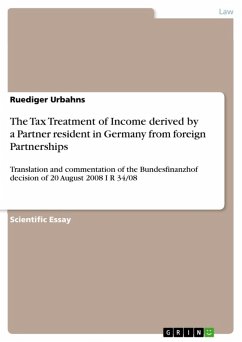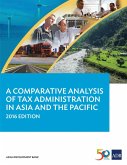These are the four questions I have been asked again and again in my 25 years of serving wealthy international families, high net worth individuals, foreign trustees and business looking to expand into the United States market:
(1) What is it about Americans that keeps them moving forward regardless of their situation and circumstances? (2) How does the U.S. justify the implementation of a world- wide tax regardless of where a U.S. person resides? (3) Why and how does substance dictate the taxation of a transaction or structure?
(4) How is it that the U.S. government requires so much disclosure on tax returns and at the same time has other laws protecting privacy rights?
The U.S. federal income tax system is unique compared to the rest of the world, because it employs a citizenship-based taxation system where the government's right to tax is based on a taxpayer's citizenship status.This is colloquially known as worldwide taxation. Almost every other country employs a residence-based taxation system where the right to tax is based on a taxpayer's residence in the country. This is colloquially known as territorial taxation. The tax systems of many countries have evolved through a patchwork of additional disclosure requirements for international transactions. This has been and continues to be a challenge because of the purpose served by territorial tax systems implemented by the majority of the world.
Territorial tax systems act as a complement to civil law (Napoleonic law based on the Roman legal system) and Sharia law systems (religious-based legal systems). These legal systems make it difficult to implement tax rules based on the substance of a transaction versus the form of the transaction. But where does the value lie in these systems? The principal value of a territorial tax system is to fund government services whereas the primary value of the U.S. tax system is something more intangible. It is citizenship : the benefit of association with the seat of world economic power.
This e-book also answers several specific cross-border tax questions that International Wealth Tax Advisors clients have routinely asked over the years. For example, clients have a lot of interest in foreign trusts: what are they and how do they operate? They have similar questions about FATCA: what is it and what are my reporting obligations? They also have many questions about FBAR reporting.
As a bonus to the ebook, this afterward will list some of the most popular client questions we receive, along with Jack Brister's short answers to each and web links to related content.
Dieser Download kann aus rechtlichen Gründen nur mit Rechnungsadresse in A, B, CY, CZ, D, DK, EW, E, FIN, F, GR, H, IRL, I, LT, L, LR, M, NL, PL, P, R, S, SLO, SK ausgeliefert werden.









